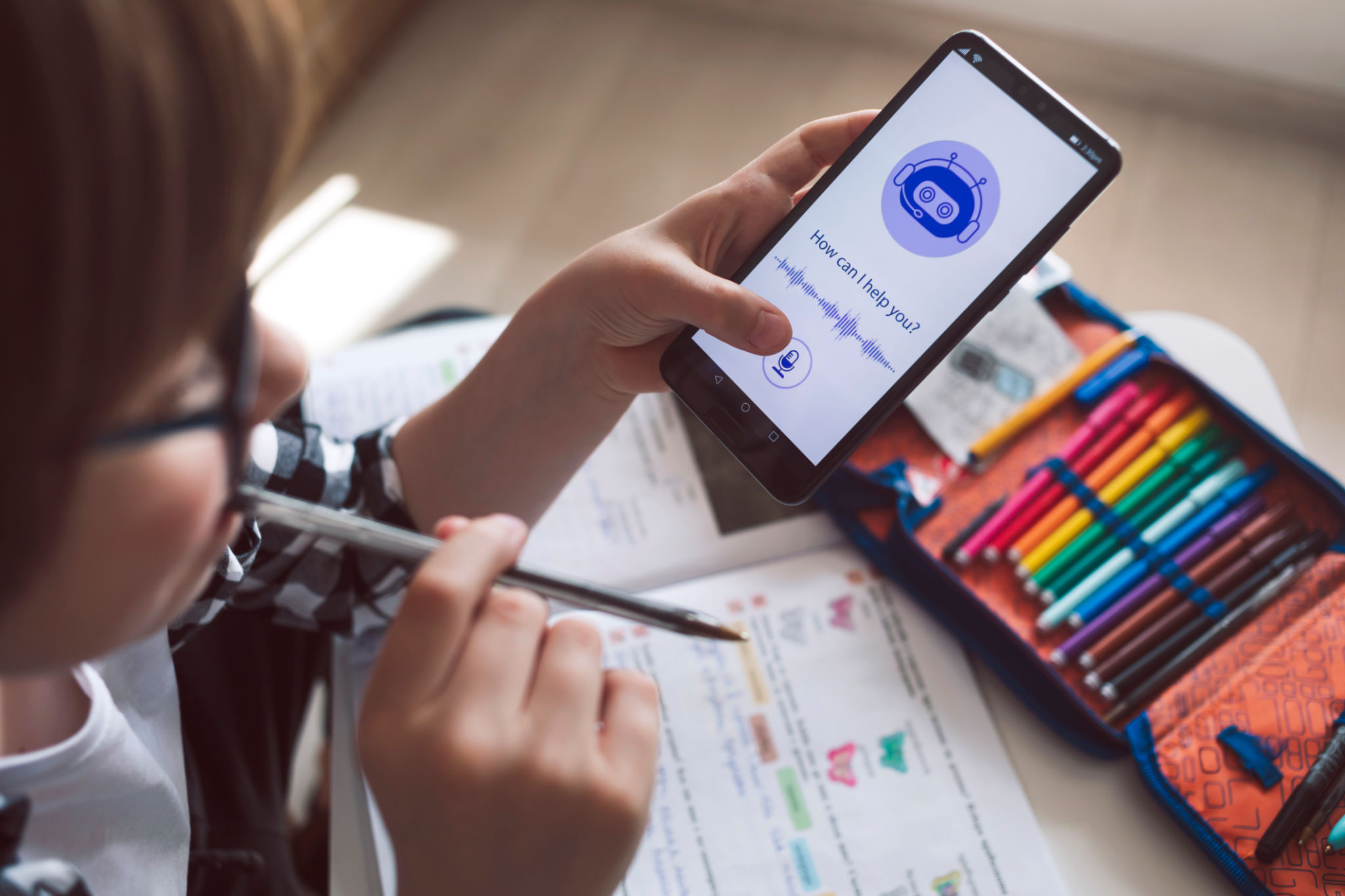The Future of Education: Trends in Online Tutoring
Introduction to Online Tutoring
As technology continues to evolve, so does the landscape of education. One of the most significant changes is the rise of online tutoring, a trend that has been accelerated by global events and technological advancements. Online tutoring offers a flexible, accessible, and personalized approach to learning, making it an attractive option for students and educators alike.
In this post, we will explore the current trends in online tutoring and what the future holds for this rapidly growing sector. From personalized learning experiences to the integration of artificial intelligence, the future of education is being reshaped by these innovative practices.

Personalized Learning Experiences
One of the key advantages of online tutoring is the ability to provide personalized learning experiences. Unlike traditional classroom settings, online platforms allow tutors to tailor their teaching methods to meet the unique needs of each student. This customization is achieved through data-driven insights that help tutors understand a student's strengths and weaknesses.
Moreover, personalized learning paths ensure that students can progress at their own pace, without feeling pressured to keep up with their peers. As a result, students can achieve better outcomes and develop a deeper understanding of the subject matter.
Adaptive Learning Technologies
Adaptive learning technologies are playing a crucial role in personalizing education. These tools use algorithms to analyze a student's performance and adapt the learning material accordingly. By providing real-time feedback and adjusting content difficulty, adaptive technologies enhance student engagement and efficacy.

The Role of Artificial Intelligence
Artificial intelligence (AI) is transforming online tutoring by automating administrative tasks and offering intelligent tutoring systems. AI-driven platforms can assess student performance, predict learning outcomes, and provide tailored recommendations to both students and tutors.
AI chatbots are increasingly being used to answer common student queries, freeing up time for tutors to focus on more complex educational tasks. These advancements not only improve efficiency but also enhance the overall learning experience.
AI Tutors and Virtual Classrooms
AI tutors simulate human-like interactions and can provide instant feedback and guidance. Virtual classrooms powered by AI offer interactive sessions with multimedia content, quizzes, and gamified elements, making learning more enjoyable and effective.

The Importance of Accessibility
Online tutoring breaks down geographical barriers, making quality education accessible to students worldwide. With just an internet connection, learners from remote or underserved areas can connect with expert tutors and access educational resources that were previously unavailable.
This democratization of education ensures that more students have the opportunity to learn and succeed, regardless of their location or socioeconomic status. The future of online tutoring lies in its ability to continue expanding access to education for all.
Language and Cultural Inclusivity
Online platforms are increasingly offering multilingual support and culturally relevant content to cater to diverse student populations. This inclusivity not only enhances understanding but also fosters a global community of learners who benefit from a range of perspectives.

Conclusion: A Bright Future Ahead
The future of education is undeniably linked to the advancements in online tutoring. As technology continues to evolve, so too will the methods and tools used in educating future generations. With personalized learning, adaptive technologies, AI integration, and increased accessibility, online tutoring is set to revolutionize how we learn.
Educational institutions, tutors, and students must embrace these changes and be open to the possibilities that technology offers. By doing so, we can create a more inclusive, efficient, and effective educational system that prepares learners for the challenges of tomorrow.
